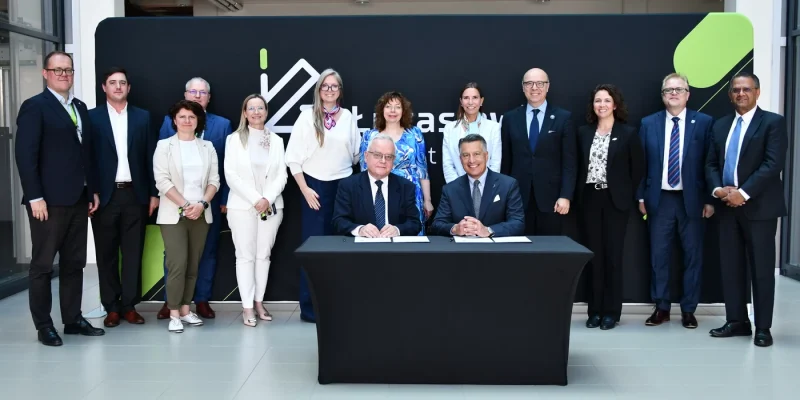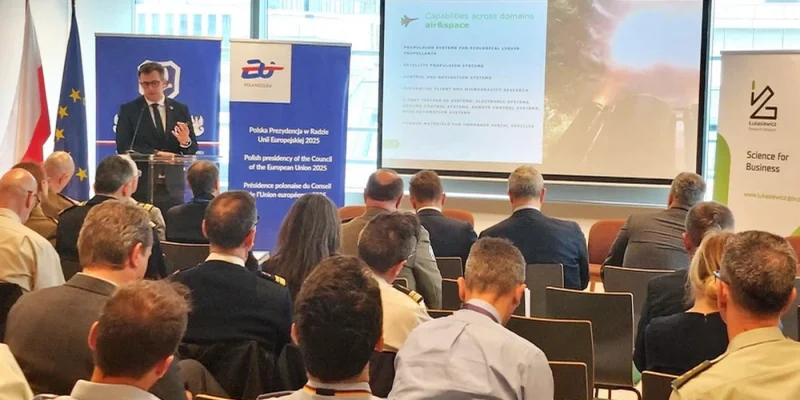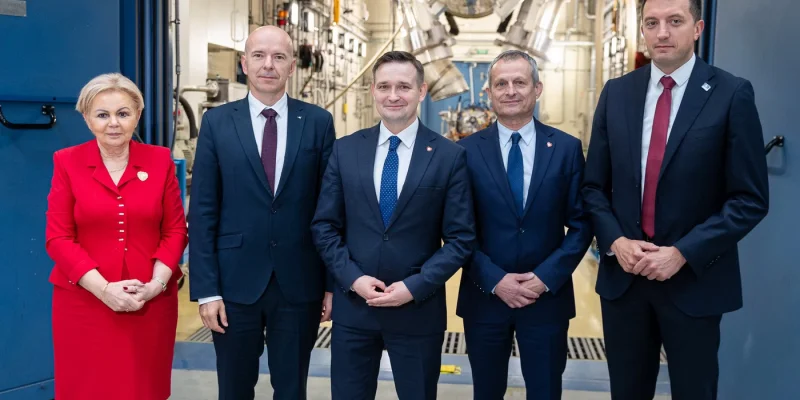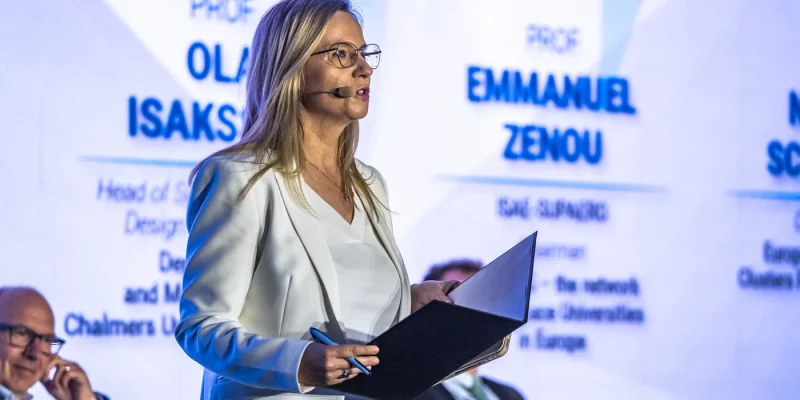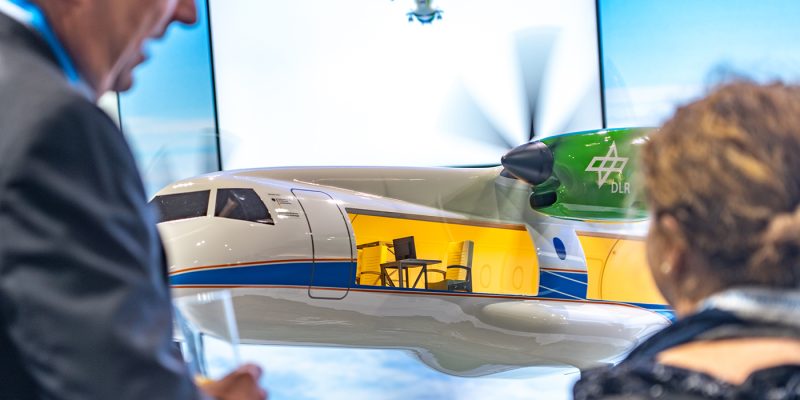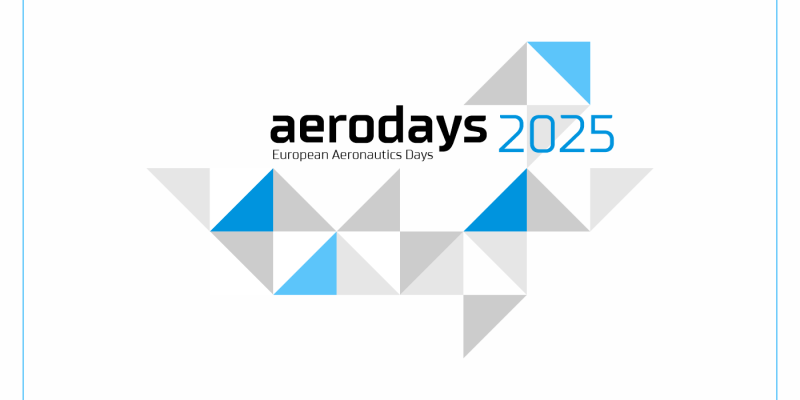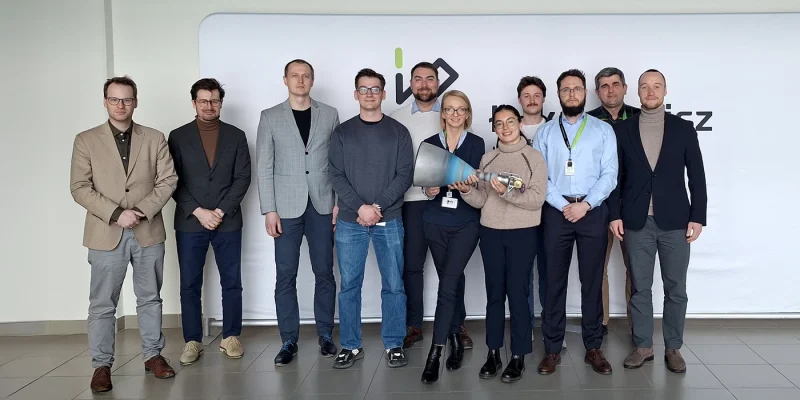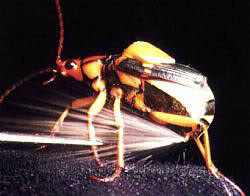
At the beginning of 2013, Laboratory of Space Technology of the Institute of Aviation will begin work on a new project in FP7 SPACE, called PulCheR (Pulsed Chemical Rocket with Green High Performance Propellants). It is a new propulsion concept in which the propellants are fed in the combustion chamber at low pressure and the thrust is generated by means of high frequency pulses, reproducing the defence mechanism of a notable insect: the bombardier beetle. The radical innovation introduced by PulCheR is the elimination of any external pressurizing system even if the thruster works at high pressure inside the combustion chamber. At each pulse, pressurization of the combustion chamber gases takes place due to the decomposition or combustion reaction, and the final pressure is much higher than the one at which the propellants are stored. The weight of the feeding system is significantly reduced because the propellants are fed at low pressure, and there is no need for turbopumps, high pressure propellant tanks or gas vessels. The feed pressure becomes independent on the chamber pressure and the performance degradation typical of the blow down mode in monopropellant thrusters can be avoided. The PulCheR concept is able to substitute many currently used propulsion systems for accessing space. It can be employed for low orbital flight and beyond and subsequent re-entry (allowing also for re-usable vehicles), and can be used in space vehicles for typical manoeuvres around a planet or during interplanetary missions. The feasibility of this new propulsion concept will be investigated at breadboard level in both mono and bipropellant configurations through the design, realization and testing of a platform of the overall propulsion system including all its main components. In addition, the concept will be investigated using green propellants with potential similar performance to the current state-of-theart for monopropellant and bipropellant thrusters. The test campaign will experimentally investigate the propulsive performance of the system in terms of specific impulse, minimum impulse bit and thrust modulation.


